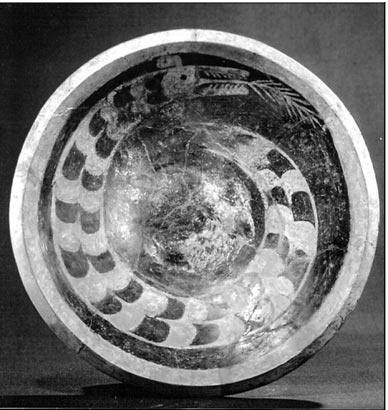Finding a lost city
Updated: 2015-12-15 08:10
By Wang Kaihao(China Daily)
|
||||||||
Nevertheless, many experts associated with the project say more studies are necessary before coming to conclusions about Taosi. Old history textbooks say the first Chinese dynasty belonged to the Xias, who ruled from the 21st century BC, and could have descended from Yao's successors, but there is almost no archaeological proof to support the theory yet.
Song Xinchao, deputy director of the State Administration of Cultural Heritage, says it's too early for archaeologists to celebrate.
Though similarities between character-like "scripts" of Taosi and oracle-bone scripts of later times have been found, the formation process remains unclear, Song says, calling for more comprehensive and interdisciplinary research.
"The major city relics in North China should not be studied in isolation while looking for the larger picture of the origin of Chinese civilization," says Zhao Hui, a history professor from Peking University.
"As the most important participants forming that civilization, the whole region should be studied to find connections among different sets of relics."
In imperial China, ruling dynasties preferred centralization of authority, based on an agrarian economy, according to He, the excavation-team leader. That is a probable reason why Chinese people tend to agree that their civilization was born in an area along the Yellow River, with agriculture as the dominant force.
Remains of ancient cities discovered along the Yangtze River, like Liangzhu in Zhejiang province, suggested these settlements were more focused on commerce.
But since commerce-based economy failed in ancient China, such relics couldn't be considered symbols of the origin of Chinese civilization, he says.
Related:
Shanghai gets a glimpse of rare treasures
- Fidel Castro congratulates Venezuelan leader despite setback
- Merkel refuses cap on number of refugees
- Russia warns Turkey over Aegean warship incident
- Macri sworn in as Argentina's new president, calls for unity, dialogue
- Deals with Azerbaijan to boost Silk Road plan
- Outlook for strong El Nino maintains in US
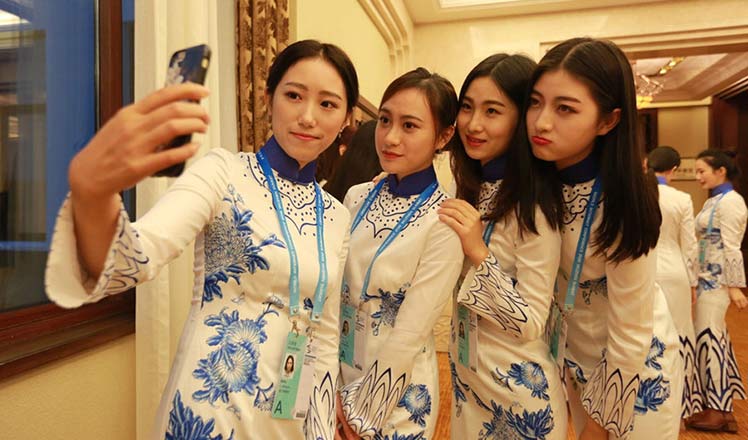
 Student volunteers wear qipao for World Internet Conference
Student volunteers wear qipao for World Internet Conference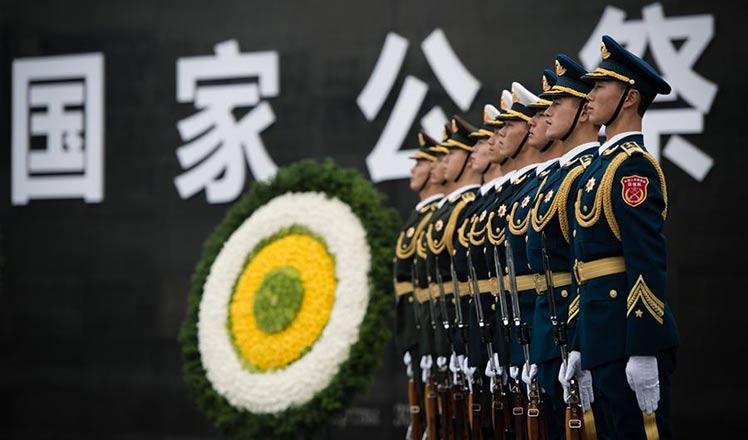
 China marks Memorial Day for Nanjing Massacre victims
China marks Memorial Day for Nanjing Massacre victims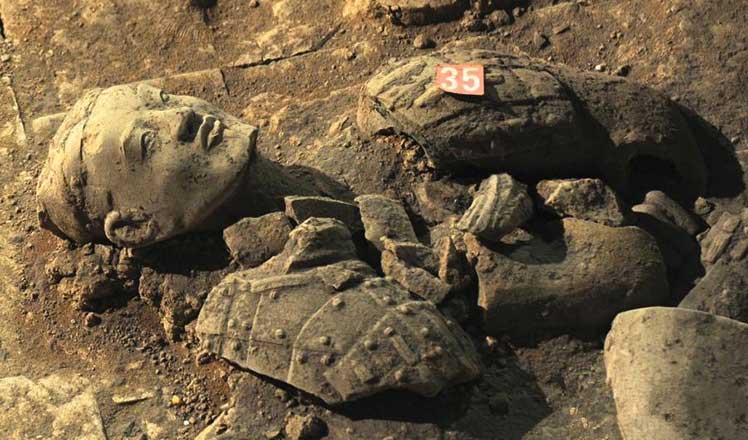
 Six major archaeological discoveries in 2015
Six major archaeological discoveries in 2015
 Border defense soldiers attend training in heavy snow in Xinjiang
Border defense soldiers attend training in heavy snow in Xinjiang
 The world in photos: Nov 7-13
The world in photos: Nov 7-13
 Wuzhen gets smart with Second World Internet Conference
Wuzhen gets smart with Second World Internet Conference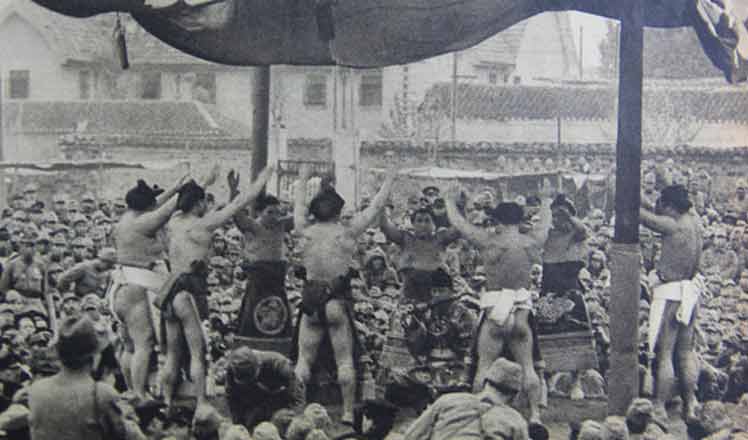
 Historical photos reveal how Japan celebrated Nanjing invasion
Historical photos reveal how Japan celebrated Nanjing invasion
 How firemen put out oil tanker blaze within two hours
How firemen put out oil tanker blaze within two hours
Most Viewed
Editor's Picks

|

|

|

|

|

|
Today's Top News
Shooting rampage at US social services agency leaves 14 dead
Chinese bargain hunters are changing the retail game
Chinese president arrives in Turkey for G20 summit
Islamic State claims responsibility for Paris attacks
Obama, Netanyahu at White House seek to mend US-Israel ties
China, not Canada, is top US trade partner
Tu first Chinese to win Nobel Prize in Medicine
Huntsman says Sino-US relationship needs common goals
US Weekly

|

|
